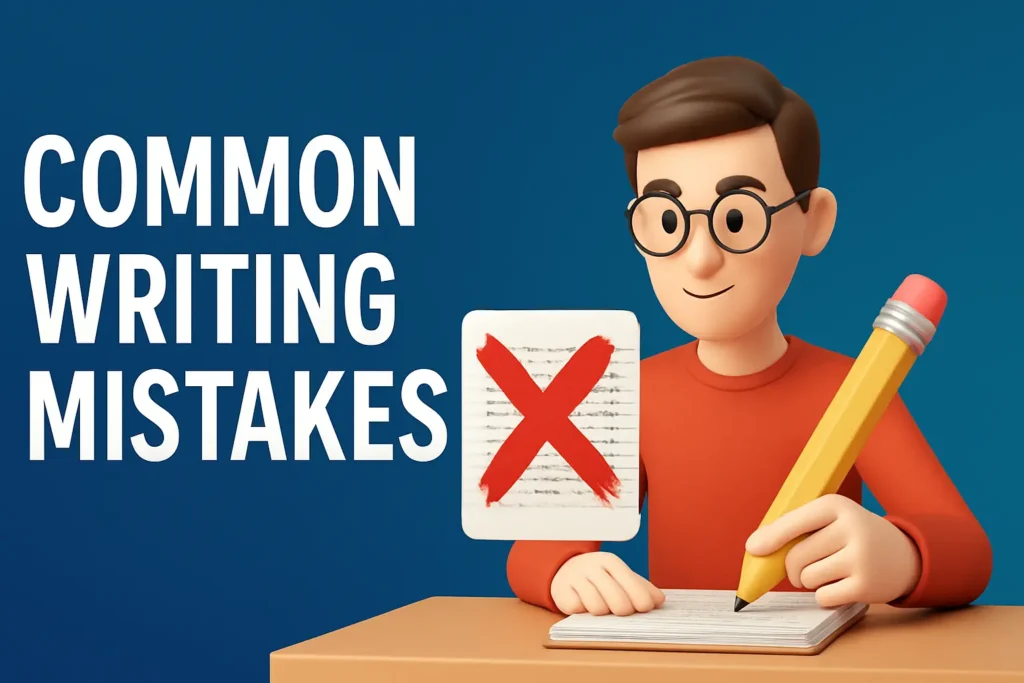Posted inDigital Marketing SEO writing mistakes
Writing Mistakes That Are Hard to Spot but Simple to Fix
We're making mistakes in our writing, which makes our writing structure unclear and weakens our message. Even professional writers can fall victim to writing mistakes that quietly sneak into their…

